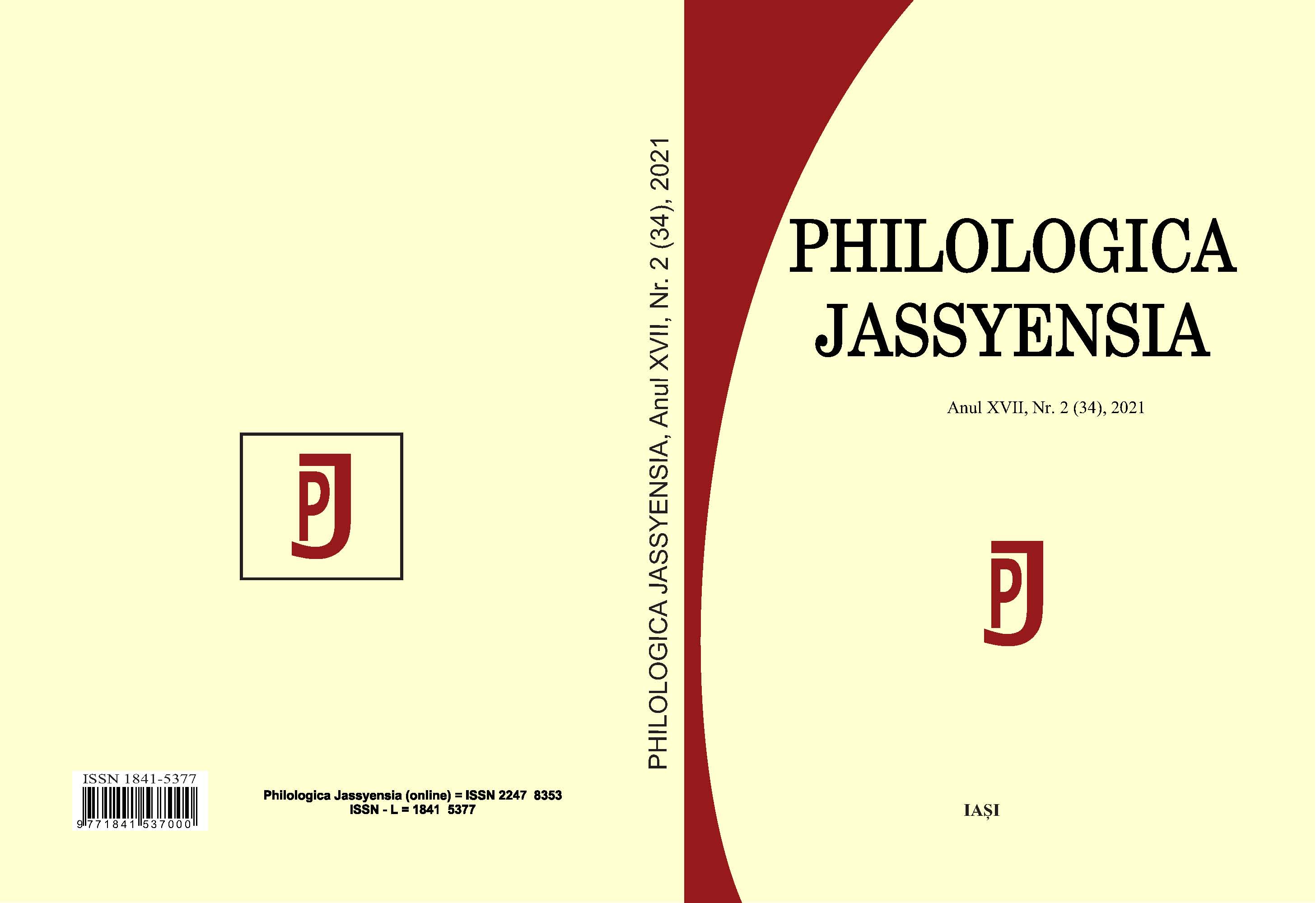L’anglicisation du discours de l’éducation (dite encore : nationale) : le cas du français et du roumain
The Anglicization of Romance Languages in the Discourse of What is still Called “National” Education: the Case for French and Romanian
Author(s): Anca-Marina VelicuSubject(s): Foreign languages learning, Lexis
Published by: Editura Tracus Arte
Keywords: linguistic borrowings; anglicization; Neo-Latin languages; academic marketing; academic governance; national education;
Summary/Abstract: The Anglicization of French and Romanian academic marketing discourse (official discourse of stakeholders in national education systems herby included) is a natural consequence of the global domination of English as vehicular language in science and technology, as well as in economics and in media: primary neology, especially in emergent domains (such as Internet, social networking, digital marketing etc.) takes place in English. English has become the global language of scientific research and several university programs are directly taught in English (in Romance language speaking countries) – hence a certain loss of domains for the latter. French and Romanian cultures are not equally equipped for defending their respective linguistic territories, with French institutions far more structured and efficient, even if language planning is quite present in our country also. Romanian linguists are not of one mind about Anglicization. And the loss of domains doesn’t seem to bother too much either the Romanian Academy nor the stakeholders in Romanian Education. This paper will only tackle the topics of specific patterns in French and Romanian academic marketing discourse and in the discourse of institutional decision makers in the university education system. After a short overview aiming at the contrastive approach to the notions of Anglicism and Anglicization (beyond the problem of national education’s linguistic governance, one should distinguish between Anglicization as anthropological process and Anglicisms as linguistic borrowings from English – loan words, semantic borrowings or syntactic borrowings), we will provide some results of an illustrative corpus research (a manually compiled comparable corpus of 50 French and 50 Romanian text samples in academic marketing, including samples of written discourse by university and national education decision makers). Pertaining to lexical/ (terminological) borrowings, we shall insist on their pervasive effects on native polysemy and synonymy, based on the analysis of the French family of synonyms management/administration/gestion (and their Romanian counterparts).
Journal: Philologica Jassyensia
- Issue Year: XII/2021
- Issue No: 2 (34)
- Page Range: 283-298
- Page Count: 16
- Language: French

